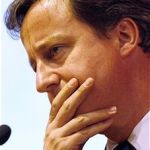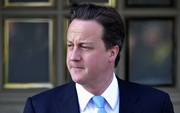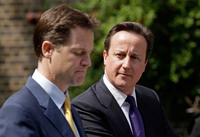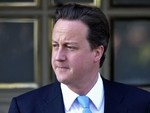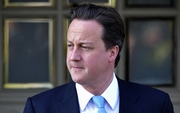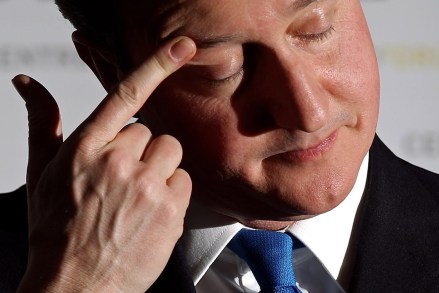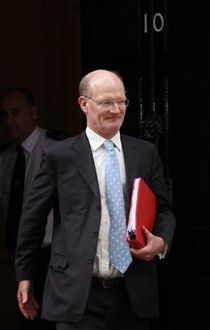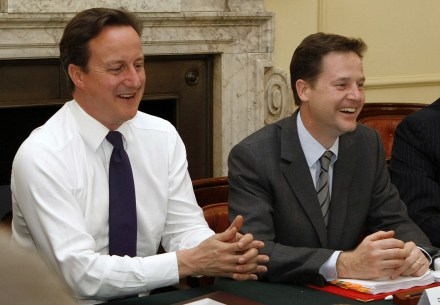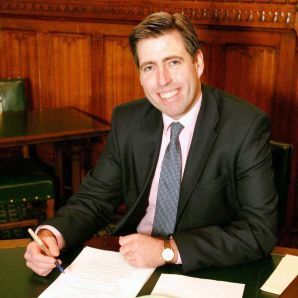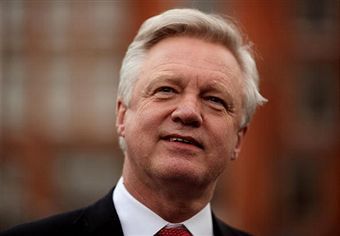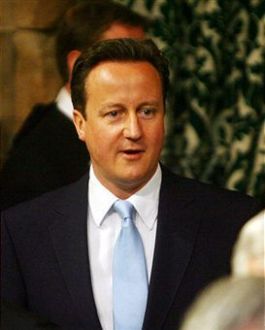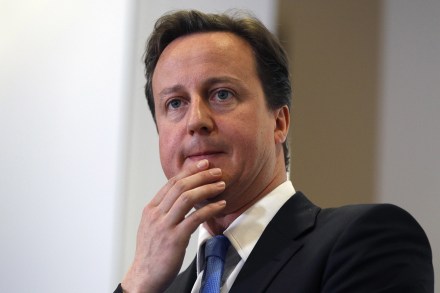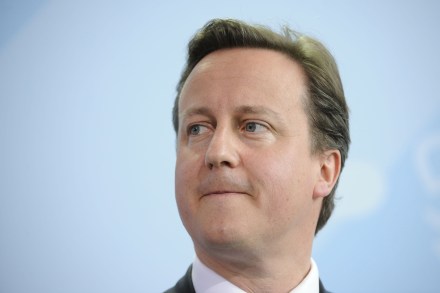The turning point?
There’s a feeling in Conservative circles that they have finally turned the corner on phone hacking today after David Cameron’s marathon performance at the despatch box today. At the 1922 Committee this evening, Cameron entered and exited to the banging of desks. But, tellingly, there were no questions on phone hacking and Andy Coulson. Instead, the crisis in the eurozone was the main subject of discussion. Cameron did, though, refer to the matter. At the end, he recalled how Peter Tapsell, the veteran Tory MP, had said of him that ‘he had never known a Prime Minister more adept at getting out of scrapes. But he had also never known




